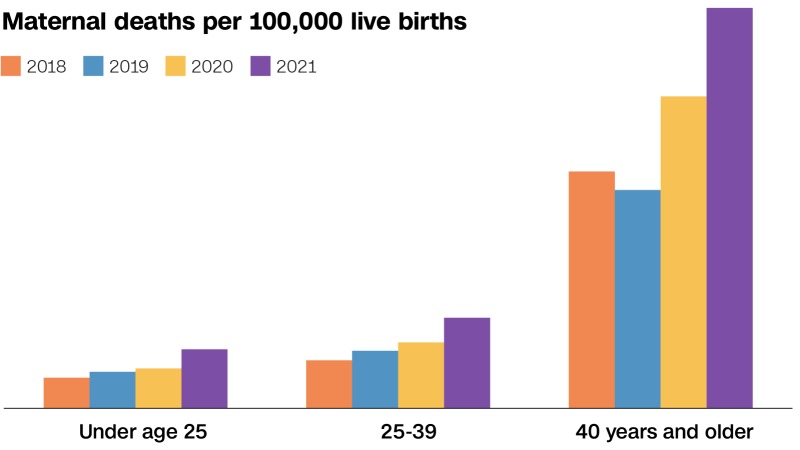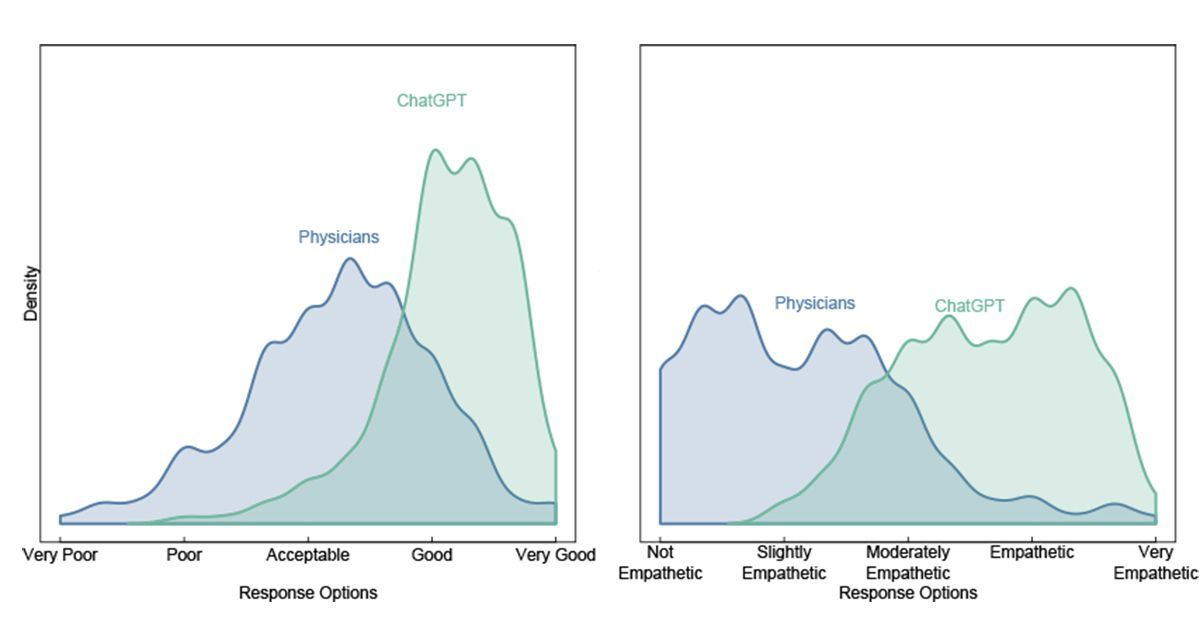To determine the prevalence of weight gain attempts in adolescent boys in the US.Participants were 15,624 high school students from the nationally representative 2015 Youth Risk Behavior Survey.Overall, 29.6% of adolescent boys reported attempts to gain ...

www.ncbi.nlm.nih.gov
Fueled by the rise of social media and a lucrative, unregulated supplements industry, more boys and young men today are bulking up to the point of risking their overall health. A measured amount of weight training can be positive and healthy, but it's neither when body image turns into an obsession or exercise becomes excessive.
"Though its generally underrecognized, boys have body ideals just like girls do," says Jason Nagata, a pediatrician at the University of California at San Francisco who specializes in adolescent eating disorders. "The idealized masculine body type is big and muscular, and because of that, many boys are trying to get bigger and more muscular."
Nagata published research in the Journal of Adolescent Health in 2019 that found about a third of teenage boys reported trying to gain weight. The study was based on data from more than 15,000 high school students in the 2015 Youth Risk Behavior Survey. And in Current Opinion in Pediatrics in 2021, Nagata and his co-authors wrote that
about 22 percent of teen boys and young men are engaging in some sort of muscle-building behavior.
The red flag for a young man or a teenage boy is when exercise or food choices lead to preoccupations or obsessions with appearance, body size, weight or exercise in a way that worsens their quality of life, Nagata says.
"It's not just the activity itself, it's also the way the activity makes them feel," Nagata stresses. "So when someone says that the exercise is really causing them more worry or preoccupation than joy, and when it starts to impair their schoolwork or social functioning, those are all red flags regardless of the actual activity, but just how they perceive it.
"I think the added pressure with social media is that with all those traditional forms — books, television, movies — back in the day, most people were living in a read-only environment," Nagata says. "For the most part, your average teenage boy would not expect to be featured in a movie or become a celebrity."
Research looking at social media effects on teenage boys found that disordered eating behavior, muscle dissatisfaction and use of steroids are associated with more time spent on Instagram. "Findings like these demonstrate that social media can create pressures for boys to display and compare their muscular physiques," Nagata says.
If social media is the fire, supplements are the gasoline. The use of muscle-building supplements
is pervasive, with more than half of boys and men in adolescence through early adulthood taking protein powder or shakes.
Studies looking at boys' action figures have found that, over a 25-year period, the toys have become more muscular, with bulging biceps and broad chests. "The increase in action figure dimensions may contribute to the multifactoral development of an idealized body type that focuses on a lean, muscular physique. This occurrence may particularly influence the perceptions of preadolescent males," the researchers wrote.












/cloudfront-us-east-2.images.arcpublishing.com/reuters/UTZI3TAHIJJTZCLW3AAR5XCCY4.jpg)
/https%3A%2F%2Ftf-cmsv2-smithsonianmag-media.s3.amazonaws.com%2Ffiler_public%2Fbc%2F65%2Fbc6516d0-c080-472a-9eff-b969f6bfccaa%2F20230522-xray.jpg)








